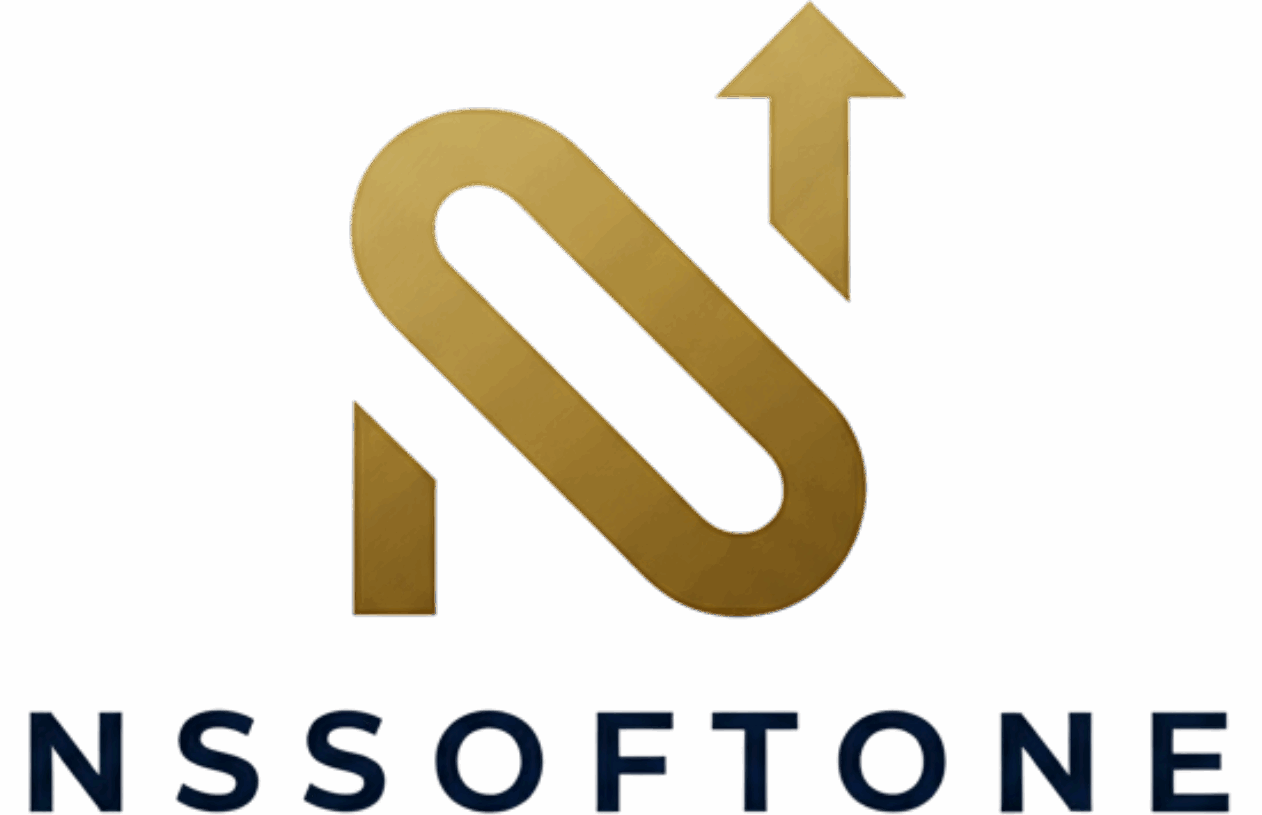Financial literacy is not just a buzzword; it is a fundamental life skill, the indispensable foundation upon which true, sustainable wealth is built. In an increasingly complex financial world, understanding how to effectively manage, save, and invest money is no longer optional—it is a critical necessity for achieving economic security, reducing financial stress, and unlocking the potential for lifelong prosperity.
The journey to lifelong wealth is less about how much you earn and more about what you know and how you act on that knowledge. Financial literacy empowers individuals to move beyond living paycheck to paycheck and to take deliberate control of their economic futures. It is the ability to understand and effectively use various financial skills, including personal financial management, budgeting, and investing.
The Cornerstones of Financial Literacy
Building financial literacy is a continuous process, evolving with one’s life stages, income, and goals. However, the entire edifice rests on a few core pillars of knowledge and action:
1. Mastering the Budget: The Art of Knowing Where Your Money Goes
The most basic yet most powerful tool in the personal finance arsenal is the budget. Many view budgeting as restrictive, but in reality, it is a tool for freedom—it gives you permission to spend within your means and directs your money toward your most important goals.
Practical Steps:
- Track Everything: For at least a month, meticulously record every dollar earned and spent. This step is often the most revealing, showing exactly where ‘leakage’ occurs.
- The 50/30/20 Rule: A simple framework suggests allocating 50% of your income to needs (rent, groceries, utilities), 30% to wants (dining out, entertainment), and 20% to savings and debt repayment.
- Automate Savings: Treat savings as a non-negotiable expense. Set up automatic transfers to a savings account or investment vehicle the moment your paycheck hits your bank account.
2. Debt Management: Differentiating Good from Bad
Debt is a double-edged sword. Used strategically (e.g., a reasonable mortgage or student loan for career advancement), it can be a tool for building wealth. Used carelessly (e.g., high-interest credit card debt for depreciating assets), it becomes a significant barrier to financial freedom.
Strategic Debt Action:
- Prioritize High-Interest Debt: Develop a clear plan to tackle the most expensive debt first, often high-interest credit cards, which can carry Annual Percentage Rates (APRs) well over 20%. The interest you save is essentially a guaranteed return on investment.
- Understand Your Credit Score: Your credit score is your financial reputation. A higher score translates to lower interest rates on future loans (mortgages, car loans), saving you thousands over time. Pay bills on time and keep credit utilization low to maintain a strong score.
- Avoid Predatory Loans: Be aware of ultra-high-cost personal loans, often marketed as ‘payday loans,’ which can trap borrowers in a devastating cycle of debt due to exorbitant fees and interest rates.
3. The Power of Savings: Emergency Funds and Goal Setting
Financial stability is impossible without a safety net. An Emergency Fund is paramount—a stash of easily accessible cash designed to cover three to six months of living expenses in case of job loss, medical emergency, or unexpected major expenses. This fund prevents you from incurring new debt or derailing your investment plans when life inevitably throws a curveball.
Beyond the emergency fund, savings should be tied to specific, time-bound goals, whether it’s a down payment on a house, a child’s education, or a new car. Goal-oriented saving provides motivation and clarity.
4. Investing for the Future: Harnessing Compound Interest
Savings provide security; investing generates wealth. The greatest differentiator between a financially literate person and one who is not is the understanding and utilization of compound interest. Often called the eighth wonder of the world, compounding means earning returns not only on your initial investment but also on the accumulated earnings from prior periods. The earlier you start, the more time compounding has to work its magic.
Key Investment Concepts:
- Retirement Accounts: Understand and maximize tax-advantaged accounts like 401(k)s, IRAs, and equivalent national plans. An employer match on a 401(k) is essentially free money—always take it.
- Diversification: Never put all your eggs in one basket. Diversifying investments across different asset classes (stocks, bonds, real estate, etc.) and sectors mitigates risk. This concept is crucial for weathering market volatility.
- Risk Tolerance: Know your comfort level with risk. While younger individuals can generally afford to take on more risk for potentially higher returns, as you approach retirement, a shift to more conservative, capital-preserving investments is generally prudent.
Lifelong Learning in a Changing Financial Landscape
Financial literacy is not a fixed state but a continuous learning journey. The financial world is constantly changing, with new products, regulations, and technological advancements like digital currencies and P2P lending platforms emerging regularly. Staying financially savvy requires a commitment to ongoing education.
- Stay Informed: Read reputable financial news sources and educational resources. Be critical of sensationalist advice promising quick riches.
- Review Annually: At least once a year, conduct a thorough financial health check: review your budget, check your investment performance, update your insurance coverage, and ensure your beneficiaries are current.
- Seek Impartial Advice: For complex decisions, consider consulting a fiduciary financial advisor—one who is legally bound to act in your best interest.
The Ultimate Payoff
Building financial literacy is the act of investing in yourself. It is the key to minimizing financial anxiety, maximizing your earning potential through smart decisions, and ultimately, ensuring that your money works for you, instead of the other way around. The path to lifelong wealth is neither a sprint nor a lottery; it is a steady, informed, and disciplined marathon, guided by the foundational principles of financial literacy. By mastering these skills, you lay the groundwork not just for financial independence, but for a life of greater choice, security, and peace of mind.




